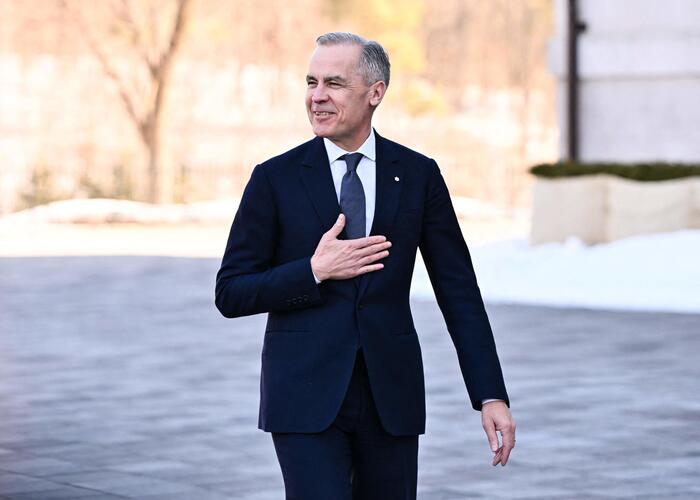On Sunday, March 23, Canada’s prime minister, Mark Carney, called an early election, less than two weeks after he was sworn in to succeed Justin Trudeau. Carney assumed his role as Liberal leader and prime minister after his predecessor announced his resignation in January during a climate of political and economic discontent, with declining popularity in the polls and internal pressures within the Liberal Party, which he had led since 2013. This was also followed by an internal revolt in his cabinet. Carney currently opposes the Conservative Party of Canada, led by Pierre Poilievre.
With the early election move, Carney will send Canadians to the polls for a vote on April 28 that is expected to revolve largely around the issue of President Donald Trump’s approach to the economy and the damage this could do to the Canadian economy due to his threats to impose tariffs on the country. Indeed, Canada has historically been one of the largest trading partners of the United States. The Canadian prime minister’s decision is therefore motivated by the need to obtain a strong mandate that could allow him to address the crisis caused by Donald Trump’s trade policies.
At present, the issue of the economic damage Trump is bringing to the state worries many. In this sense, Trump’s policy stance is seen by Canadians as a threat to the country’s sovereignty that has animated a patriotic reaction and deeply shaken public opinion against the United States. In recent days, Trump has gone so far as to publicly threaten Canadian sovereignty with provocative statements, advancing the idea that Canada should become the 51st U.S. state.
“We are facing the most significant crisis of our lifetime because of President Trump’s unwarranted trade actions and his threats to our sovereignty […]I am asking Canadians for a strong and positive mandate to deal with President Donald Trump and to build a new Canadian economy that works for everyone, because I know we need change,” Carney said Sunday.












